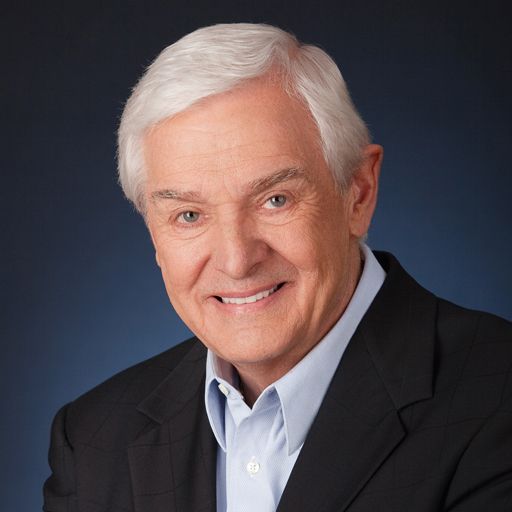If you liked “The Amazing Race” or “Survivor,” you might be interested to know that so-called reality TV had its beginnings in old black-and-white programs like “Candid Camera.” These were unscripted shows with hidden cameras and microphones designed to show people reacting to practical jokes. Viewers howled as the surprised victims were told: “Smile, you’re on candid camera.”
Reality TV has come a long way since then, and some people obsess about being on such a show. They view it as their ticket to fame and fortune. Several years ago the magazine Psychology Today studied why people watch reality TV, and the results were surprising. “The attitude that best separated the regular viewers of reality television from everyone else,” said the magazine, “is the desire for status.”
The magazine continued: “Reality TV allows Americans to fantasize about gaining status through automatic fame. Ordinary people can watch the shows, see people like themselves and imagine that they too could become celebrities by being on television.”[1]
Many people live as if they were constantly starring in their own personal reality shows. We’ve become a self-obsessed, self-focused, self-centered society. But automatic fame and instant fortune are poor predictors of future happiness. We think we’re happier if others notice us when we walk into a room. But self-absorption doesn’t bring joy. Nor does self-indulgence.
The Simplest Secret
I’m going to give you the simplest secret to contentment you’ll ever hear: “He must increase, but I must decrease.” John the Baptist spoke those words in John 3. John’s preaching had taken Israel by storm, and great crowds assembled to hear him. But when Jesus arrived, the size of John’s crowds decreased. People began flocking around our Lord, and John’s disciples were frustrated. “Rabbi,” they said, “He who was with you beyond the Jordan, to whom you have testified—behold, He is baptizing, and all are coming to Him” (John 3:26).
But John was at peace. He thought of himself as the friend of the Bridegroom, not the Bridegroom himself. His fulfillment didn’t come from being the star of the show, but by being the servant of the Lord; and he put it in simple terms in John 3:30, saying: “He must increase, but I must decrease.”
The Bible constantly points us in the direction of serving. Biblical love is finding and meeting the needs of someone else for Christ’s sake. Philippians 2:3-5 says, “Let nothing be done through selfish ambition or conceit, but in lowliness of mind let each esteem others better than himself. Let each of you look out not only for his own interests, but also for the interests of others. Let this mind be in you which was also in Christ Jesus.”
The Servant of All
Reverend Brinley Evans was a representative of SIM (formerly Sudan Interior Mission). One day he went on an errand to an upper floor of a downtown New York office building. While there, a loud bell went off. It was a fire alarm, and people started scrambling toward the exit. Evans began moving to the exit, but a clerk detained him. The man seemed to need to talk. He engaged him in conversation, and Evans focused on the man, giving him his full attention even as pandemonium reigned around him.
The clerk was impressed with the fact that even in an apparent emergency, Evans was able to focus all his attention on the man wanting to engage him in conversation. Evans replied that his calmness was the result of his faith in Christ. Imagine Evans’ surprise when the man said, “Ever hear of Candid Camera? You’re on it!” The entire episode was an outrageous stunt to see how someone would respond to being detained by conversation in an emergency.[2]
Our lives are constantly under observation; and nothing impresses the world more than those who get their minds off themselves and onto the needs of others. It’s a life changer.
Ask yourself: What small task can I do for someone right now? How could I be of service today to someone I love? What can I do for Christ’s sake? Learn to say with John the Baptist: “He must increase, but I must decrease.”
###
David Jeremiah is the senior pastor of Shadow Mountain Community Church in El Cajon, California, and the founder and host of Turning Point for God. For more information about Dr. Jeremiah or Turning Point, visit www.DavidJeremiah.org.






